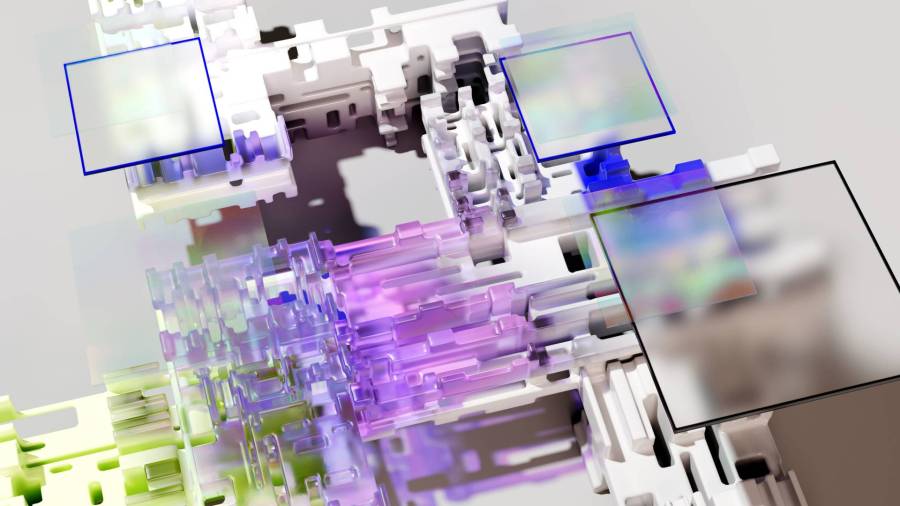The quest for new materials, pivotal for technological breakthroughs in fields like EV batteries, solar cells, and microchips, has historically been a slow and labor-intensive process. This scenario, according to a new report from the MIT Technology Review, is set for a dramatic change with Google DeepMind’s introduction of a deep learning tool designed to expedite material discovery significantly. Their innovative tool, Graphical Networks for Material Exploration (GNoME), stands at the forefront of this revolution.
Published in a recent paper in Nature, GNoME represents a significant advancement in the field of material science. It has already predicted structures for over 2.2 million new materials, with more than 700 of these materials created in labs for testing. This tool harnesses deep learning algorithms to predict the stability and potential of new materials, vastly reducing the time and effort typically required in traditional methods.
Complementing GNoME, the Lawrence Berkeley National Laboratory announced an autonomous lab that integrates machine learning and robotics. This lab, utilizing data from GNoME’s discoveries, is capable of engineering new materials independently, showcasing the potential of AI in scaling up the discovery and development of novel materials.
GNoME is likened to AlphaFold, DeepMind’s AI system known for its high-accuracy predictions of protein structures, which has significantly advanced biological research and drug discovery. The impact of GNoME is substantial, with the number of known stable materials increasing nearly tenfold, reaching 421,000.
The challenge in material discovery
Discovering new materials traditionally involves tweaking existing structures in the hopes of uncovering new, potentially valuable combinations. This method, while reliable, is time-consuming and often limits the scope for unexpected discoveries. GNoME addresses this by employing two deep-learning models: one modifies elements in existing materials, and the other predicts the stability of new materials based solely on chemical formulas.
GNoME’s predictive ability has rapidly improved, with its final results showing over 80% accuracy in predicting material stability. This precision sets GNoME apart from previous efforts, offering a much broader range of possibilities for material discovery. Its computational efficiency and scalability further enhance its impact.
Berkeley Lab’s autonomous laboratory, the A-Lab, demonstrates the practical application of these discoveries. Capable of conducting experiments independently, the A-Lab successfully synthesized 41 out of 58 proposed compounds over a short period, showcasing a significant improvement over traditional, human-led laboratory processes.
Broader implications for technology and climate change
The advancements made by DeepMind and Berkeley Lab hold significant promise for accelerating innovation in various sectors, especially in clean energy and hardware. The potential of these new materials, particularly in applications like lithium-ion battery conductors, could be transformative. However, the journey from discovery to commercial application remains long, emphasizing the need for continued innovation and development.
In conclusion, the integration of AI in material science marks a new era in technological development. GNoME and the A-Lab represent significant strides in material discovery and synthesis, promising to catalyze innovations crucial for addressing global challenges, including the climate crisis. This fusion of AI and scientific research paves the way for a future where material discovery is not only faster and more efficient but also more accessible and impactful.


















